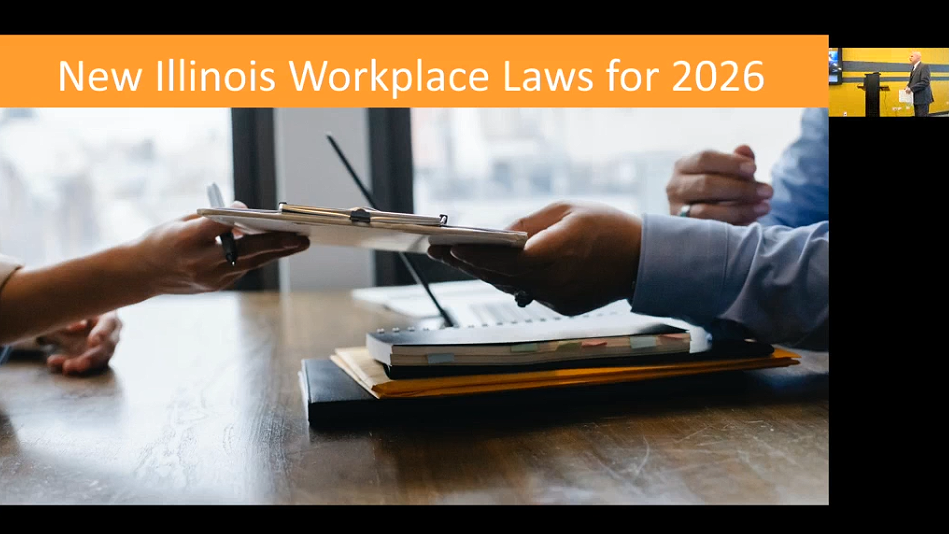A GUIDE FOR FIRST TIME HOME BUYERS
Chance W. Badertscher • September 15, 2016
When buying a home for the first time, purchasers often feel overwhelmed. A residential real estate contract can be a complicated document. Real estate attorneys are here to walk purchasers through the entire process, from the signing of the contract all the way through closing. In this podcast, real estate attorney Chance Badertscher explains the process and answers questions that first time home buyers often ask.
- real estate
- residential real estate
- negotiations
- home buying
- first time home buyer
- home inspection
- property taxes
- real estate attorney
More News & Resources
Lavelle Law News and Events

Beginning 3.1.26, new federal regulations issued by FinCEN will significantly affect how certain residential real estate closings are handled. Issued under the authority of the Bank Secrecy Act, the rule requires the reporting of specified non-financed residential real estate transfers involving legal entities & trusts











